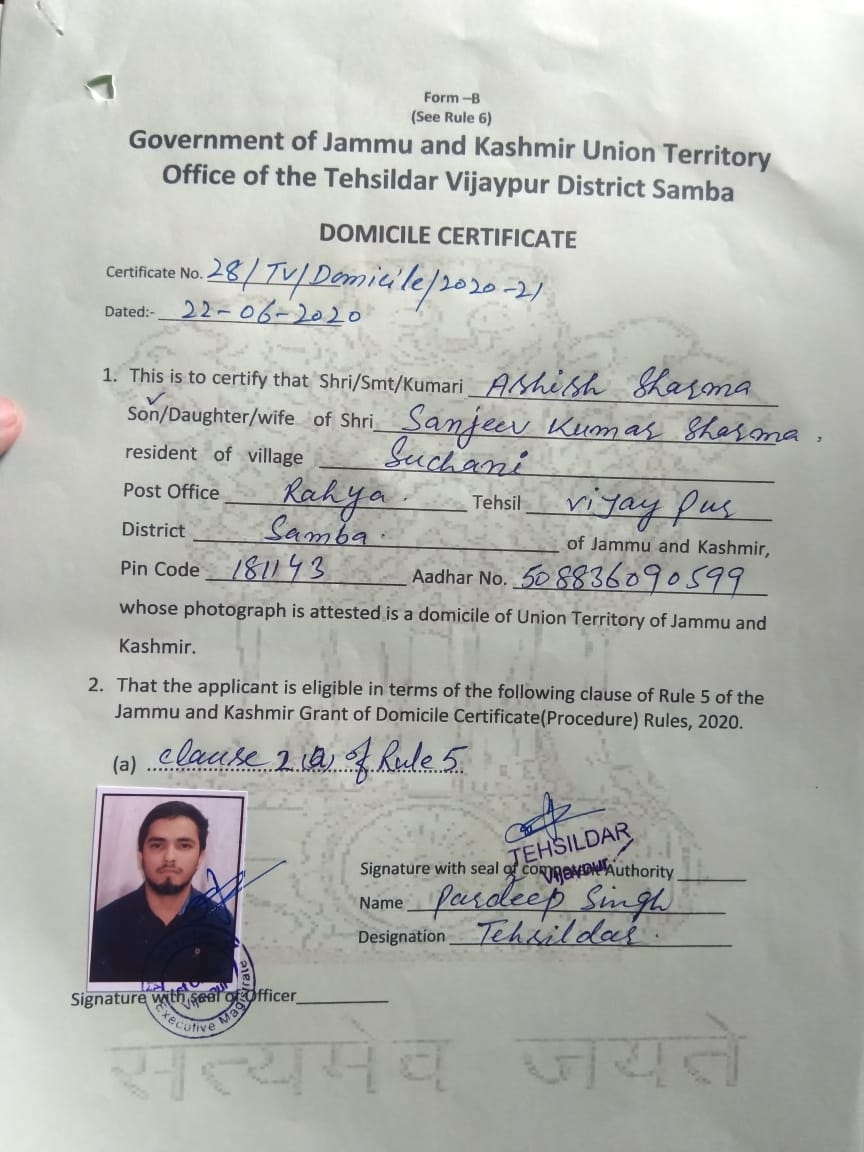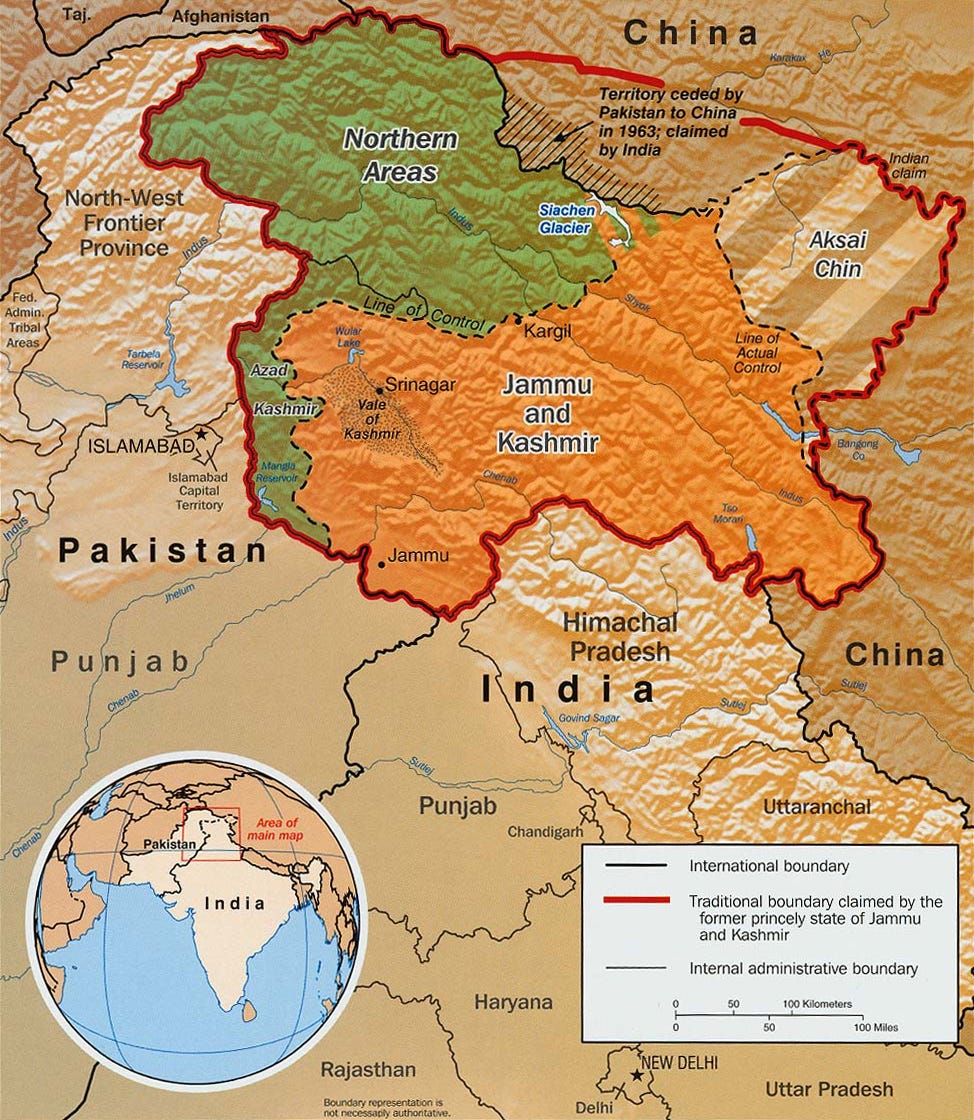Demographic Concerns Rise as New Domicile Rules Reshape Jammu and Kashmir
Srinagar, 09 April 2025: A Controversial Shift in Policy
The Jammu and Kashmir government has revealed that over 83,000 domicile certificates have been issued to individuals from outside the region since the abrogation of Article 370 in August 2019. This disclosure has sparked intense debates about the potential demographic and cultural impact of the new domicile policy on the Union Territory.
The Domicile Policy: A New Era
The domicile law, introduced in May 2020, redefined eligibility criteria for residency in Jammu and Kashmir. Under the new rules, individuals who have resided in the region for 15 years, studied there for seven years, or appeared for Class 10th or 12th examinations in local institutions are eligible for domicile certificates. This marks a significant departure from the previous laws under Article 370, which restricted land ownership and government jobs to permanent residents.
According to official data, 83,742 domicile certificates have been granted to non-state subjects over the past two years, out of a total of 35,12,184 certificates issued. The recipients include marginalized groups such as West Pakistan Refugees, Safai Karamcharis, and children of women married outside Jammu and Kashmir.
Demographic and Political Concerns
The issuance of domicile certificates to outsiders has raised fears of demographic changes in the Muslim-majority region. Critics argue that the new policy is an attempt to alter the region’s cultural and religious identity. Former Chief Minister Mehbooba Mufti accused the central government of pursuing an agenda to dilute the region’s unique character, stating, “This is a deliberate attempt to change the Muslim-majority character of Jammu and Kashmir”.
Opposition parties, including the PDP and the J&K Apni Party, have called for stricter residency requirements. Apni Party leader Altaf Bukhari urged the government to extend the eligibility criteria to a 50-year residency requirement to safeguard the rights of indigenous residents.
Economic and Social Implications
Proponents of the new policy argue that it aims to integrate marginalized communities and promote economic development. The government has defended the changes, stating that they provide equal opportunities for all citizens and address historical injustices faced by certain groups.
However, local communities have expressed concerns about increased competition for government jobs and land ownership. Student groups have also raised alarms about shrinking opportunities in educational institutions due to the influx of non-locals.
Looking Ahead
As the debate over the domicile policy continues, its long-term impact on Jammu and Kashmir’s social fabric and governance remains uncertain. While the government views the policy as a step toward inclusivity and development, critics see it as a threat to the region’s identity and autonomy.



